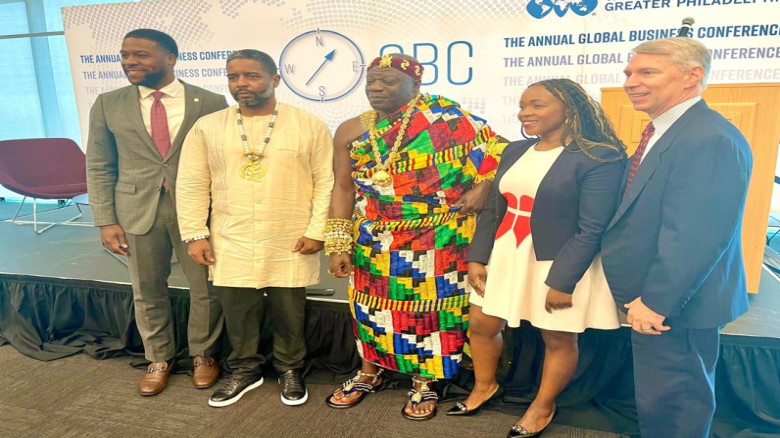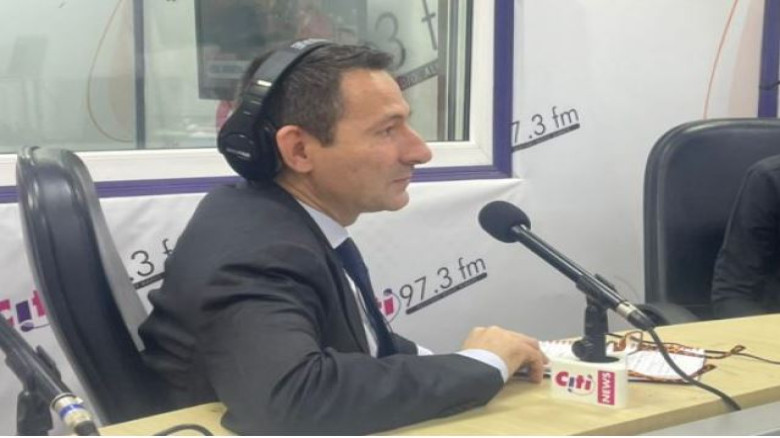IMF-support programme will make Ghana’s economy more resilient to shocks – Roudet
Stephane Roudet, International Monetary Fund (IMF) Mission Chief for Ghana, has emphasised that the Fund-support programme for Ghana has many reforms that will make the economy more resilient to shocks in the future.
According to him, the programme will make the economy more resilient and more accurately to withstand shocks in the future.
“I think it’s important to emphasise also that this is a programme that is very rich in its structural component. It includes many reforms that cover large range of sectors, and these reforms will make the economy more resilient to shocks in the future; and this is what really the Government and the IMF are looking for in this programme”, he responded to a question at a press briefing.
He mentioned that the government has set for itself the objective of increasing the ratio of revenues that are raised domestically substantially over the next few years, and this this is very important to contribute to the reduction in the size of the fiscal deficit.
On whether the first disbursement of $600 million which arrived on Friday May 19, 2023 has conditionalities, he said there’s no additional conditions, adding “the money is available to the Central Bank and to the government”.
Government still engaged with creditors on timelines for external debt
On the timeline for the restructuring of the external debts, he said the government is still engaged in discussion with the creditors
“Of course, on the external side, you have two components: you have the debt that is held –- that is held by official bilateral creditors. The expectation, I believe, the goal, the objective, of the Ghanaian authorities is to reach an understanding with official creditors, indeed, by the time of the first review on the specifics of the terms of the restructuring”.
“And, of course, you have the second component that has to do with the private sector external debts. And here, I believe the authorities and the advisors are engaging with these commercial creditors also with the goal of trying to advance the discussions rapidly. So, that’s for the timeline on the external debt restructuring”.
He furthered that the first review of the programme will be based on an assessment of the quantitative objectives under the programmes as of the end of June 2023, adding, “And it will take a few months after that to make this assessment with the goal of bringing the review to the board in November [2023]”.
“So, that’s the timeline for the first review of the programme”, Mr. Roudet stressed.











Leave A Comment